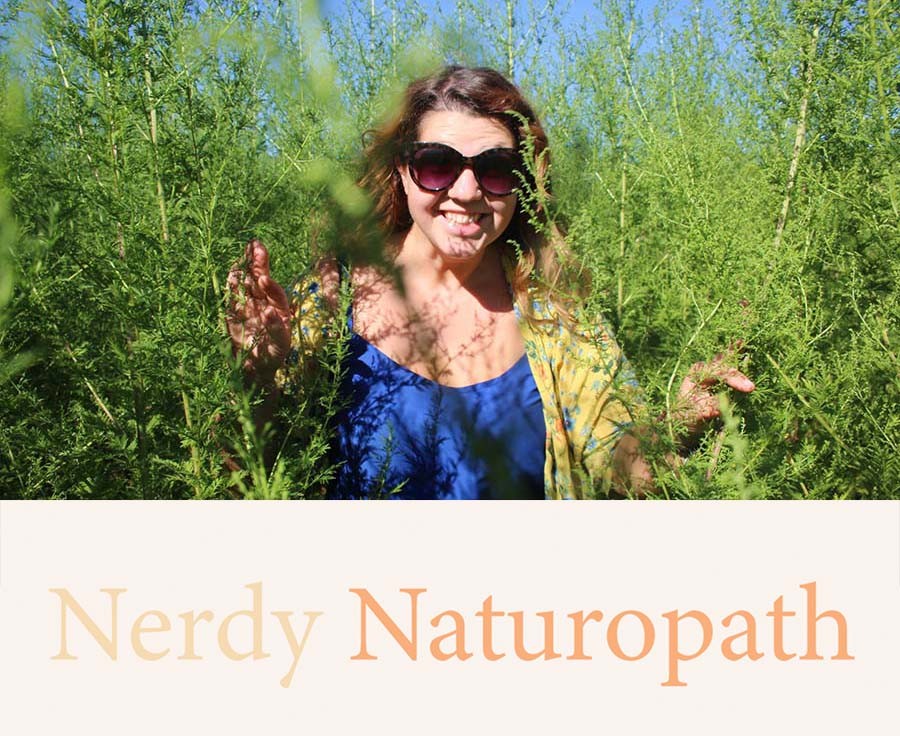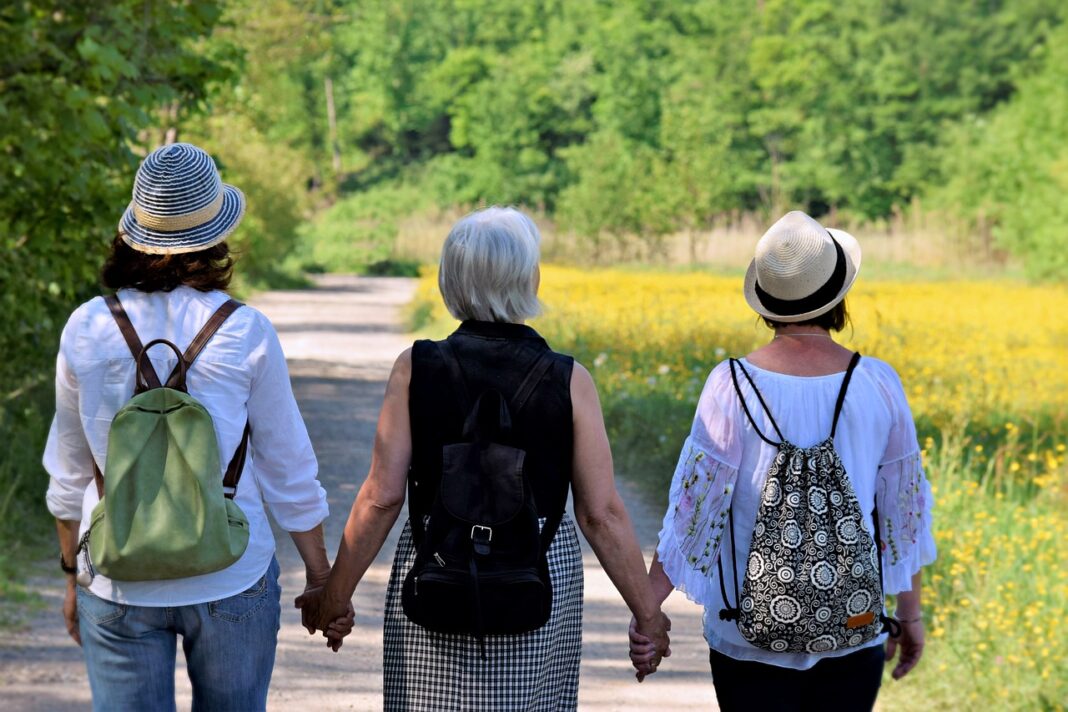By Siobhán Carroll
Menopause generally occurs between the ages of 45 and 55; in some women it can begin much earlier and in others, as late as 65.
For most women, hormones tend to run amok, resulting in a myriad of symptoms including the well-documented hot flushes and night sweats, but also anxiety, which is talked about a lot less.
The hormones oestrogen and progesterone work together to regulate mood. Declining levels of these hormones during menopause make you more susceptible to anxiety and, if left untreated or if anxiety is severe, panic attacks can ensue. Added to that, hot flushes and sweats can be socially embarrassing and may contribute to increased social anxiety in some women.
If you’re prone to anxiety there’s plenty you can do to help lessen your symptoms.
Keeping caffeine and alcohol to a minimum is a good place to start. Both are likely to trigger panic attacks because they stimulate activity in the brain. Being able to slow and control your breathing with activities such as yoga and meditation, can help to quieten a busy mind.
Eat to support mind and mood. Mood-friendly foods include fish, turkey, chicken, beans, avocados, bananas, protein and wheatgerm as they help the body to produce more serotonin. Wholegrains, seasonal vegetables and fresh fruit boost energy, and foods rich in omega 3 essential fatty acids (EFAs), such as oily fish and seeds, can help to support general brain health. EFAs, and EPA (eicosapentaenoic acid) especially, have also been linked to improvements in mood.
B vitamins are also important for brain health; they help to convert food into energy and support the adrenal glands during times of stress, and magnesium can help with fatigue.
As far as herbal remedies are concerned Passiflora is a lovely herb to try for mild anxiety. It helps to activate the parasympathetic response, in a similar way to a calming yoga class. Passiflora is available from A.Vogel as a tincture or in tablet form. There is also a handy spray bottle for on the go use.
And for general support during all stages of menopause there’s A.Vogel’s Menopause Support.
Finally, stay active. Exercise is really good for you and has been found to protect to some degree against unhappiness. Green space exposure is thought to be especially beneficial, because greenery activates a primitive part of the brain involved with stress regulatory responses. There is lots of research behind the idea of forest bathing, but even if you can’t get to a forest a park or anywhere in nature does the trick.
Just 10 minutes a day will help you to feel better and more in control.
For further information contact Siobhán by email.

About Siobhán
Siobhán Carroll is a fully qualified clinical Herbalist and Naturopath based in Ireland. She runs her own clinic in Co. Clare and online via her website nerdynaturopath.com. She has 10 years of experience in the field of natural health, she also teaches yoga and meditation and is a lecturer at the College of Naturopathic Medicine.
Siobhán is also a cold-water sea swimmer, a loving mum and a massive Harry Potter fan. She has a deep connection with plants and is passionate about empowering people to look after their own health using the healing powers of nature.
Siobhán Carroll BA; Dip Nat; Dip Herb; MANP; MGNC
Follow Siobhán on Facebook and Instagram.
